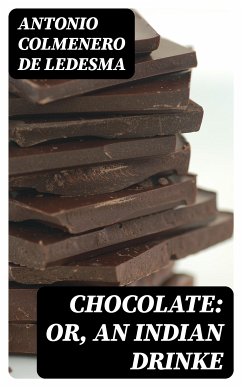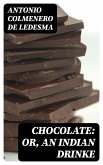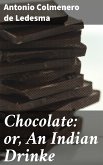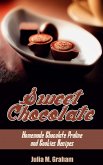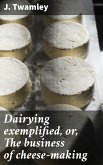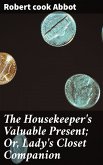Antonio Colmenero de Ledesma's "Chocolate: or, An Indian Drinke" serves as a fascinating exploration of the cultural and culinary significance of chocolate, unveiling its journey from Mesoamerican traditions to European palates in the 17th century. Written in a didactic yet engaging prose style, this work not only serves as a practical recipe book but also weaves in historical anecdotes and botanical descriptions that illuminate chocolate's exotic origins. Colmenero's text emerges in a period of burgeoning European interest in colonial products, bridging the gap between indigenous customs and European adaptations that would influence gastronomy in profound ways. As a Spanish physician and chocolate enthusiast, Colmenero was uniquely positioned to observe the transformative impact of chocolate on European society. His medical background lends a layer of credibility to his accounts of chocolate's perceived health benefits, reflecting the confluence of science, society, and gastronomy during a time of exploration and colonial expansion. His life experiences and professional insights influenced his persuasive portrayals of chocolate's virtues, highlighting its multifaceted role in both health and pleasure. I highly recommend "Chocolate: or, An Indian Drinke" for its rich historical context, engaging narrative style, and delicious recipes that offer not just culinary delight but also a deeper understanding of chocolate's cultural significance. As readers savor the text, they will gain insight into the complex interplay of tradition and innovation that has shaped one of the world's most beloved confections.
Dieser Download kann aus rechtlichen Gründen nur mit Rechnungsadresse in A, B, BG, CY, CZ, D, DK, EW, E, FIN, F, GR, H, IRL, I, LT, L, LR, M, NL, PL, P, R, S, SLO, SK ausgeliefert werden.

